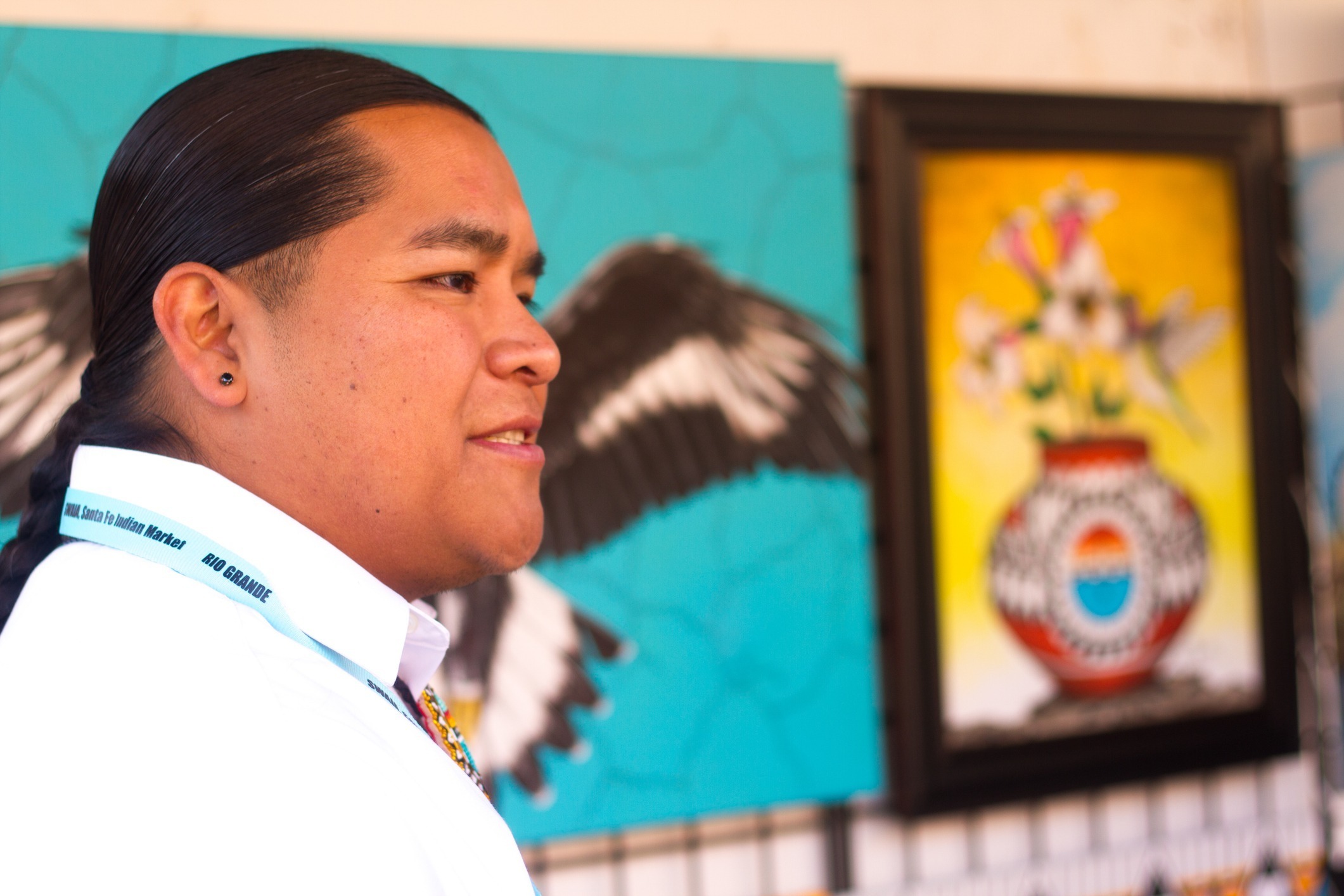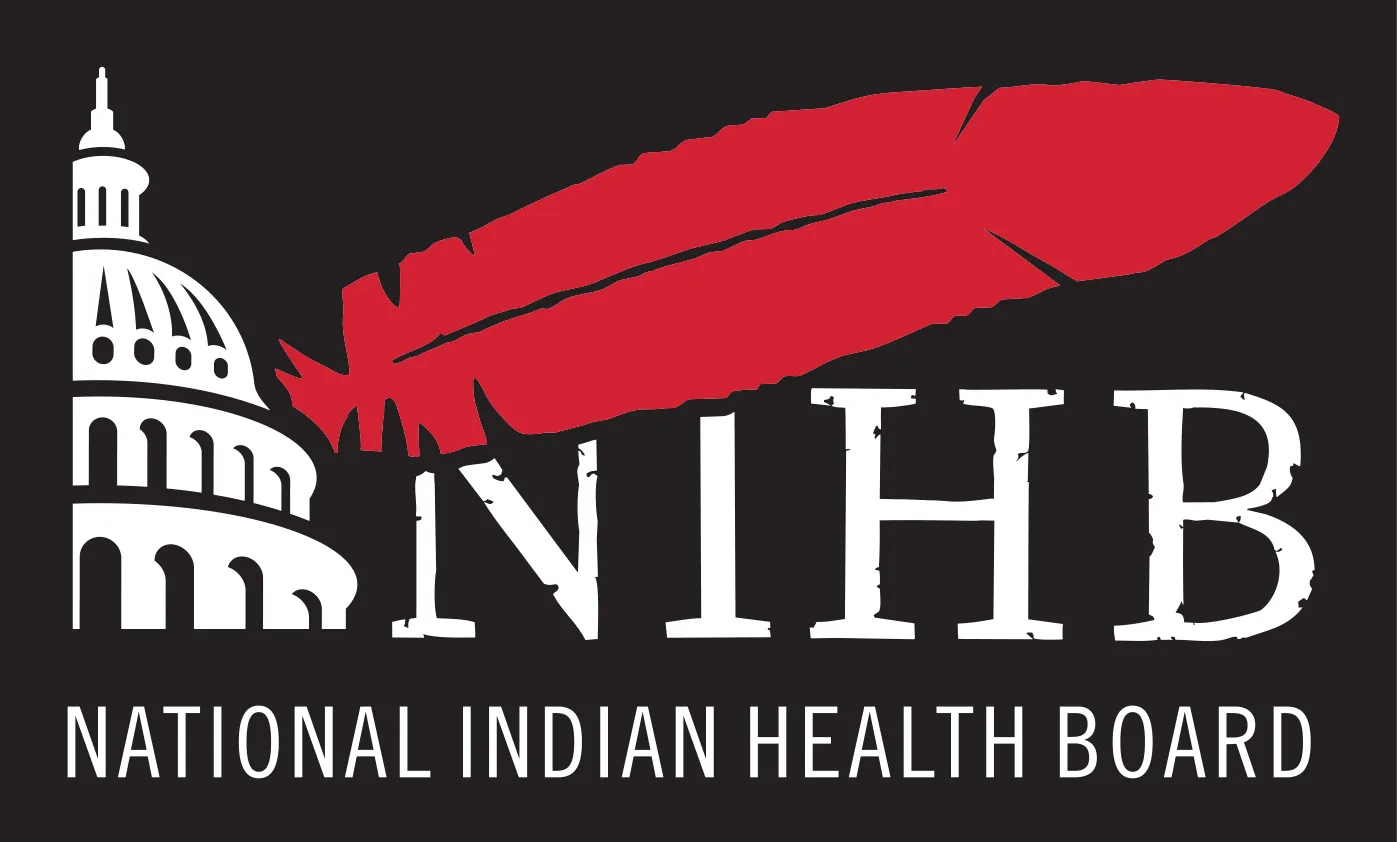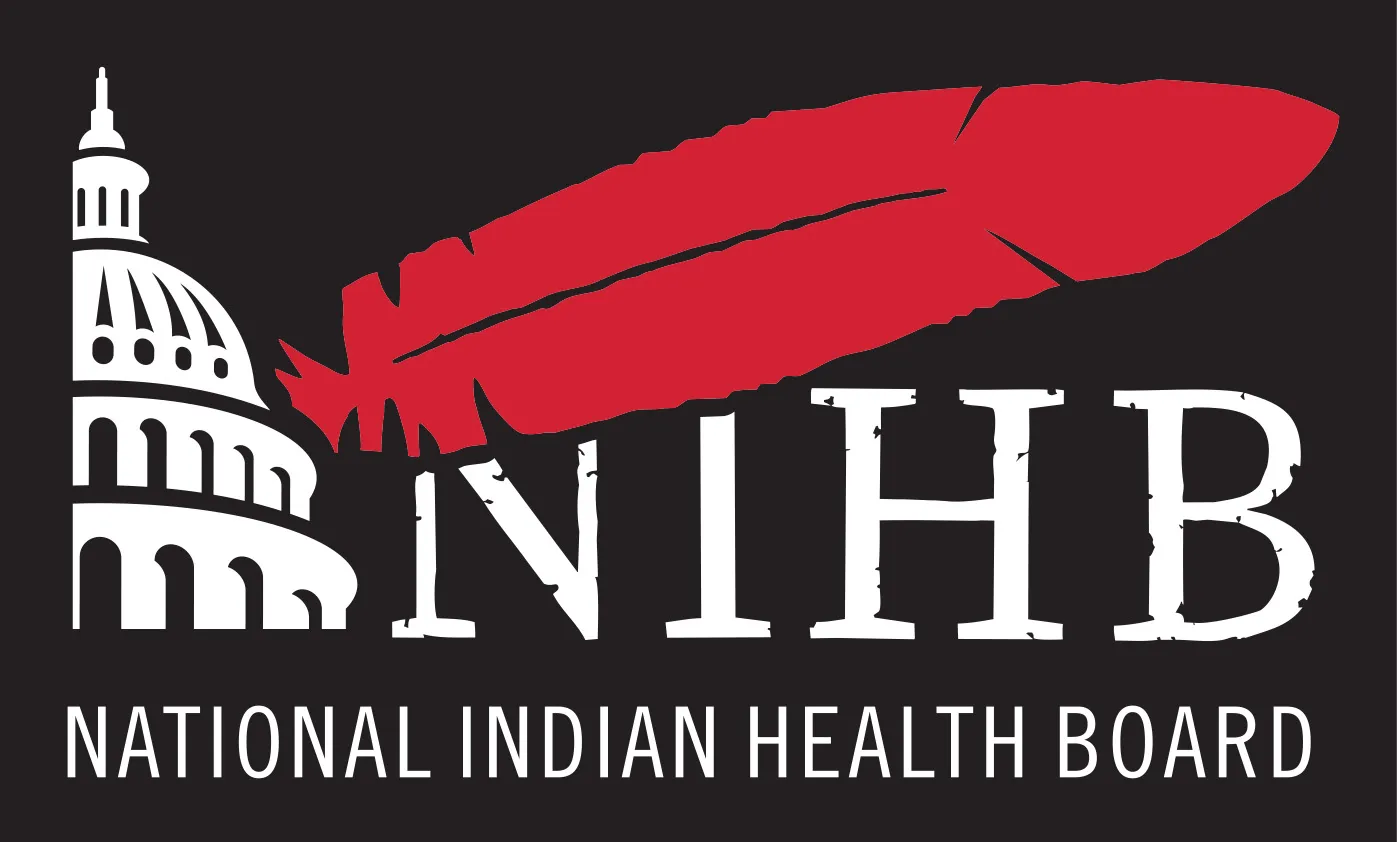Public health Performance Improvement and Systems Improvement (PISI) for Tribal public health programming includes the ongoing actions and reinforcement put in place to ensure that public health initiatives and programs are efficient, meeting their overall objectives, and continuously being improved to promote the health and wellbeing of Tribal citizens. Common approaches to PISI are often demonstrated through pillars of quality improvement, systems integration, and the evaluation of public health programming. This may show up during the conduction of performance management, establishing program goals and expected outcomes, satisfaction surveys and even the coordination of cross-sector collaboration. Ongoing PISI efforts are essential for monitoring and demonstrating program success, promoting the sharing of resources, and increasing access to care and participation. Projects that encompass these practices often meet desired project outcomes and can adapt and generate buy-in for continuity.
Several resources (i.e. PHAB Standards & Measures, Core Competencies for Public Health Professionals, MAPP 2.0, etc.) are available to provide guidance relevant to various PISI efforts, however, Tribal public health departments are often challenged due to limited Tribal-specific examples and templates that speak to Tribal public health capacity and infrastructure needs. Tribes have been uniquely challenged to demonstrate innovation in many of their approaches to adapt and modify existing toolkits and frameworks to fit the unique dynamic and contributions afforded by Tribal culture.
NIHB shares in the mission of ensuring access to tools that reflect Tribal PISI needs. Since 2018, the Strong Systems, Stronger Communities (SSSC) funding opportunity (previously the Tribal Accreditation Support Initiative (Tribal ASI)), which is funded through a cooperative agreement with the Centers for Disease Control and Prevention’s National Center for State, Tribal, Local, and Territorial Public Health Infrastructure and Workforce, has provided Tribes and Tribal organizations with training and resources to implement PISI projects and build public health capacity. Previously funded projects have included community health assessments, strategic planning, and workforce development.
An integral component of this program’s success is the robust network that allows NIHB to fill gaps in Tribal-specific resources for subawardees as well as other Tribes and organizations requesting technical assistance and resources. NIHB’s capacity to provide this relevant and Tribal specific support is made possible through the guidance and first-hand expertise extended by the very Tribes that we serve.
Among the Tribes that have supported these efforts, we recognize Cherokee Nation Public Health Service for their dedication and commitment to serve Indian Country. In addition to the great work that their public health department does for their citizens, they have also displayed a consistent effort to assist and encourage other Tribal public health departments engaged in performance and systems improvement efforts. Cherokee Nation has contributed through continuous representation with the Tribal Public Health Accreditation Advisory Board (TPHAAB) which provides insight and recommendations to improve the public health accreditation journey for other Tribes. Under the SSSC program they served as a PISI mentor, hosting a peer Tribe for learning, sharing of best practices, and fellowship. Cherokee Nation has been an exemplary partner in the effort to improve access to Tribal resources and representation, providing guidance on many topics related to accreditation, gaining leadership buy-in, and establishing public health authority.
Cherokee Nation was the first Tribe to earn public health accreditation in 2016 and recently achieved reaccreditation status in December of 2023, making them the first Tribe to receive national recognition for PHAB reaccreditation! As a panelist in NIHB’s recent national Tribal public health accreditation webinar, Cherokee Nation Health Director, Lisa Pivec, offered the following context for their service, “I’m happy to help anyone that is pursing public health accreditation because I feel like the more Tribes that pursue this, the stronger voice we have collectively across Indian Country. If the majority of Tribes could pursue public health accreditation or the work that goes along with it to establish your services, we could change the health of the nation. We could really impact the communities that we live in.”
As we continue to build relationships and resources needed to promote the health and wellbeing of Tribal citizens, we thank Cherokee Nation and other Tribes for their continued support and highlight their efforts as inspiration for us all to remain dedicated to the collective goal of improved public health in Indian Country.





